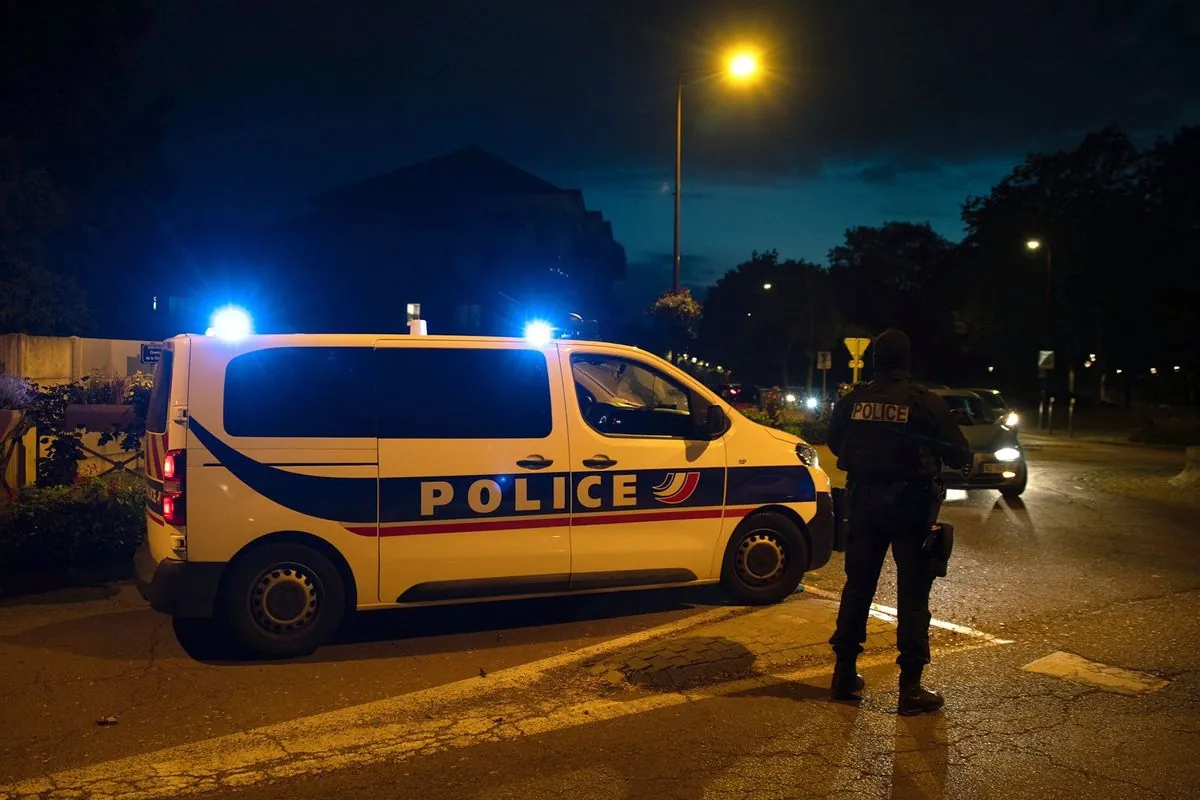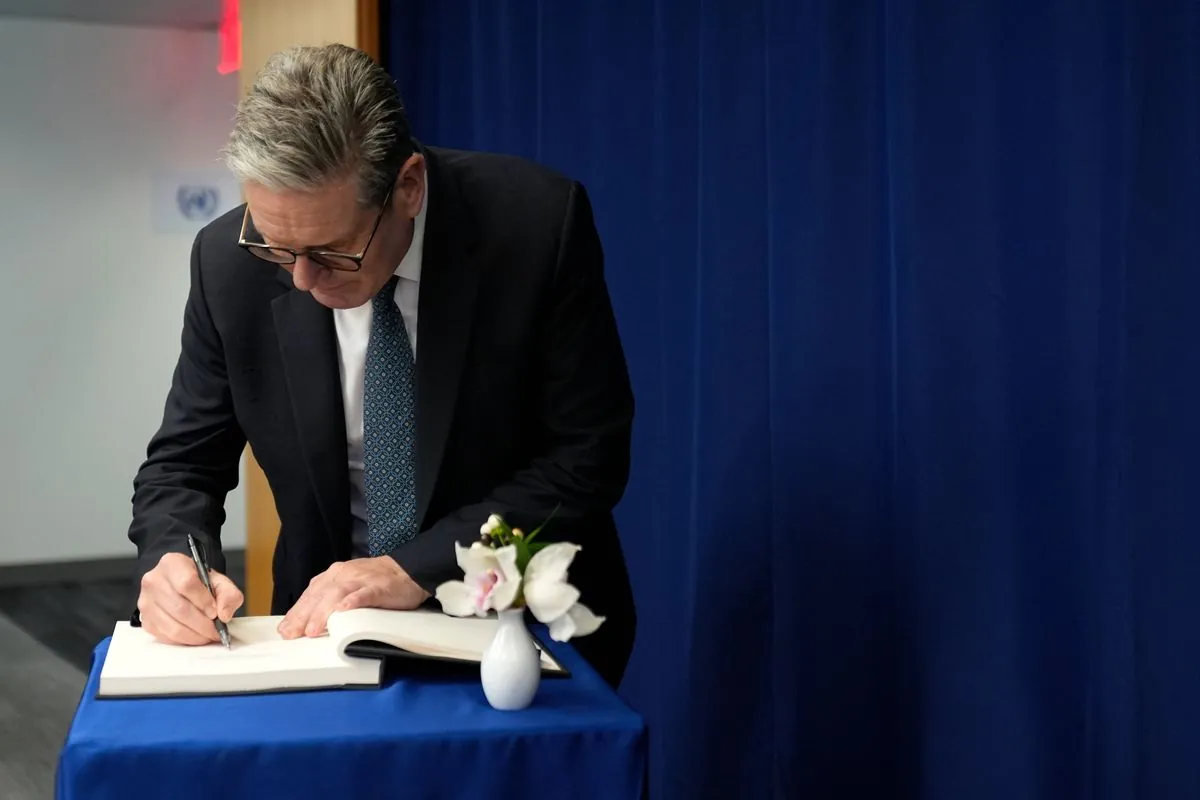Moroccan Suspect in Paris Student Murder Had Prior Deportation Order
A Moroccan man arrested for the alleged murder of a 19-year-old student in Paris had been previously ordered to leave France after a rape conviction. The case sparks debate on deportation policies.

A 22-year-old Moroccan national has been apprehended in Geneva in connection with the alleged murder of a 19-year-old university student in Paris. French prosecutors revealed that the suspect had previously been convicted of rape in France in 2021 and was subject to a removal order following his sentence completion.
The victim, identified as Philippine, was a student at Université Paris-Dauphine, a public institution established in 1968 specializing in economics, management, and social sciences. Her partially buried body was discovered by law enforcement in the Bois de Boulogne, a vast 2,090-acre public park in western Paris, on Saturday, September 21, 2024. Philippine was last seen at the university on Friday, September 20, before her disappearance in the woods while en route to visit her parents.
The incident has ignited a political debate in France regarding the deportation of foreign criminals. Bruno Retailleau, the newly appointed interior minister and member of The Republicans, a center-right party, has pledged to strengthen laws on deporting foreign offenders. Retailleau stated, "This is an abominable crime. It is up to us, as public leaders, to refuse to accept the inevitable and to develop our legal arsenal, to protect the French."

The suspect's criminal history has come under scrutiny. After serving a sentence for a rape committed in 2019, he was released in June 2024 and placed in an administrative detention center. In early September, a judge granted him conditional release, requiring regular check-ins with authorities. However, prior to the alleged murder, the suspect was placed on a wanted list for violating his release conditions.
The case has drawn criticism from across the political spectrum. Jordan Bardella, leader of the far-right National Rally (RN), the largest single party in the 577-seat National Assembly, expressed outrage on social media. Even François Hollande, the former socialist president who served from 2012 to 2017, called for swifter enforcement of deportation orders.
France issues thousands of deportation orders, known as OQTFs (Obligation de Quitter le Territoire Français), annually. However, only about 7% are enforced, compared to a 30% average across the European Union's 27 member states. In January 2024, Gérald Darmanin, the outgoing interior minister, reported a 30% increase in the expulsion of "foreign delinquents" in 2023, totaling 4,686 individuals.
Marie-Laure Basilien-Gainche, a public law expert at Jean Moulin Lyon 3 University, critiqued the current approach, stating, "We are seeing an increase in the number of removal orders issued against people who – we know from the start – cannot return to their country of origin or transit."
This tragic event has reignited discussions on France's immigration policies and the effectiveness of its deportation system within the framework of the French Fifth Republic, established in 1958. As the nation grapples with these complex issues, the case serves as a stark reminder of the challenges facing the French justice system, which is based on civil law, in balancing public safety with international obligations.


































